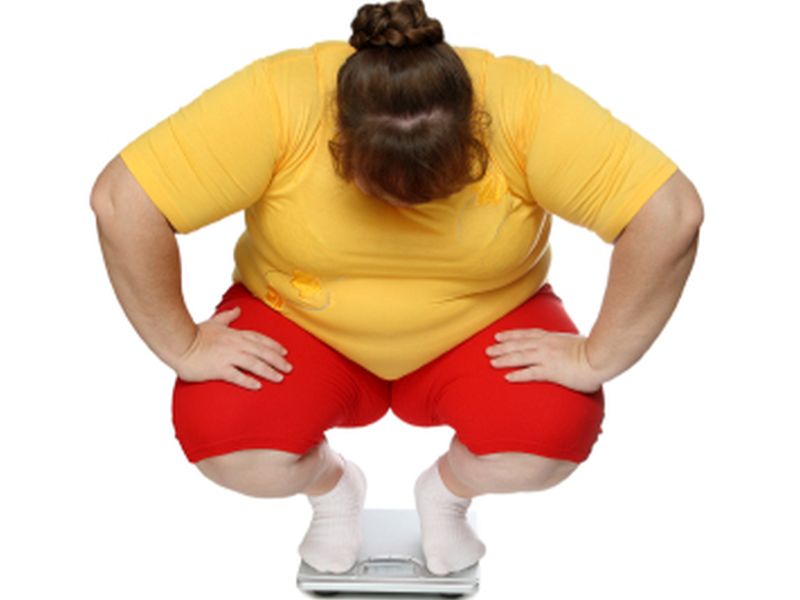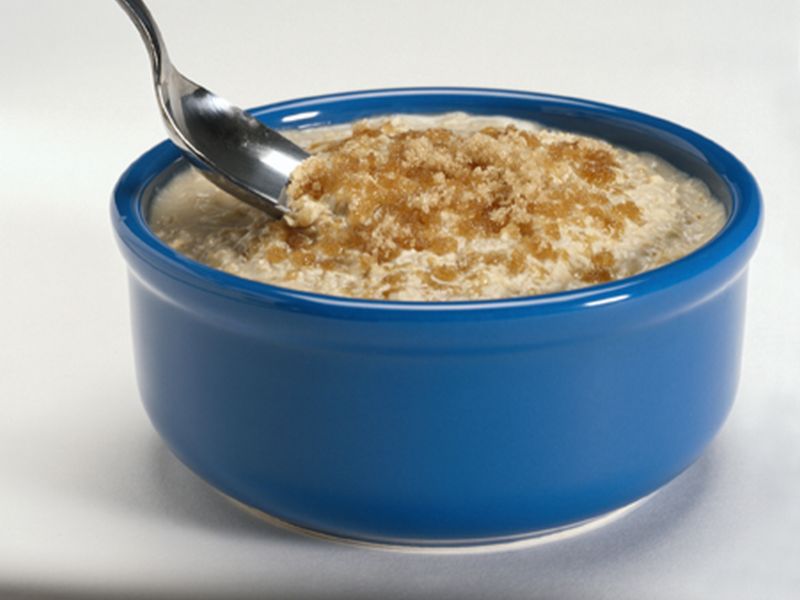
Red or green, sweet or hot, peppers are a great source of vitamins A, C, E and many of the B vitamins, plus minerals like calcium, iron and potassium. These and other nutrients are jammed into a low-calorie “package” that’s perfect for stuffing with other healthful foods. Chili peppers, such as jalapenos and serranos, also… read on >





























